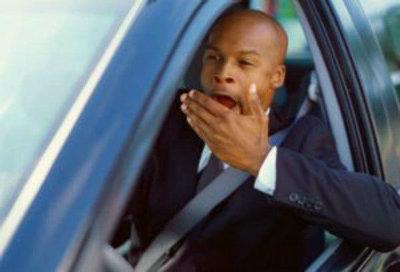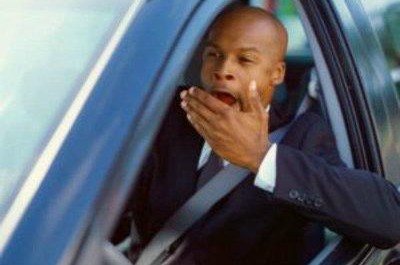Does Daylight Savings Affect Your Health?
In early spring throughout the country, people are being reminded to “spring forward” to enter daylight savings time.
This changing of the clock ahead an hour is meant to give us more productive time during the day and an extra dose of sunshine to boot. Now scientists are saying that daylight savings may have an impact on our health, and not in a good way.
Daylight Savings Health Risks
Daylight savings is believed to cause an increased risk of
- heart attack
- ischemic stroke
- auto accidents
- suicides
According to research, the two days following the time change sees an increase in both heart attacks and strokes due to the interruption of a person’s normal circadian rhythm, or internal body clock. This change in sleep patterns is also blamed for an increase in auto and workplace accidents as people go to work that Monday both tired and distracted. Some scientists have even linked a small increase in suicides with the change of time, most often because of a decrease in morning sunshine.
Health Impact Research
Scientists in Finland have been studying the correlation between daylight savings transitions and the rate of ischemic stroke in the week following the transition. They have found that there was an 8% increase in the hospitalization and diagnosis of ischemic stroke in the two days following daylight savings time. After two days the increase disappears.
Research from the same study also indicated that people who had cancer were 25% more likely to have a stroke after daylight savings time, and seniors experienced a 20% increase in stroke diagnoses.
Heart Attacks And Daylight Savings
A study completed and published in 2014 by a team from The University of Colorado in Denver indicated an increase in heart attacks the first week following the spring daylight savings time transition. In fact, the Monday after spring forward saw a 25% increase in the number of heart attacks.
Just as revealing, the first Tuesday after the Fall daylight savings transition, when we get an extra hour of sleep, showed a 21% decrease in the number of heart attacks at the same hospital.
Disrupting The Circadian Rhythm
The circadian rhythm is the internal clock that keeps us in a predictable sleep/wake cycle. It also has a lot to do with our metabolic rate and general physiology. Science has already proven the importance of sleep to the human body. And you know how you feel after going a few days with disrupted sleep. You’re grouchy, sluggish and distracted.
With the change in time experienced at daylight savings, your circadian rhythm is thrown off. In a society where sleep is already devalued, taking an extra hour from everyone has major implications. Those who work swing shift at work or regularly go without sleep experience the same disruption of their internal sleep cycle, which is only added to with daylight savings time.
Auto Accidents And Other Negative Impacts
There has been a lot of research done regarding the impact of daylight savings time on how we act and react to the loss of one hour of sleep. Researchers have discovered a correlation between fatal automobile accidents and the day or two after the spring daylight savings time. Studying 21 years of data on auto accidents in the United States, researchers found a significant increase in fatal accidents the Monday following the spring shift.
It is apparent that daylight savings affects your health in a negative way. Is the extra hour of sunshine in the evening worth all of the medical implications caused by the loss of that hour of sleep and the disruption of the circadian rhythm? Our hustle and bustle society may just be realizing what can happen when you mess with the body’s natural cycle.







